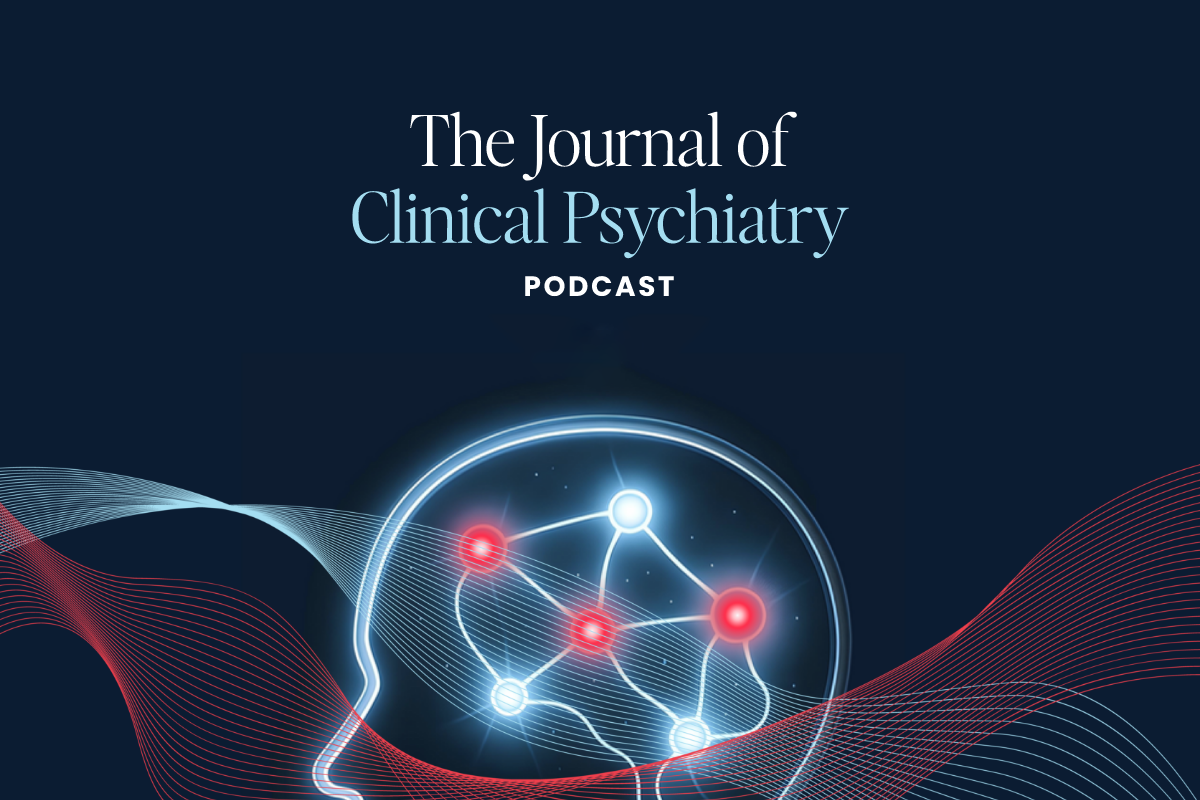The Black Plague, malaria-endemic, and COVID-19 pandemic – micro-organisms have always been the boogeymen in the world of infectious disease. However, as our understanding of germ theory grew, we discovered another form of contamination, seemingly passing through the air unseen like a miasma: psychological contagions.
Cases of transmissible psychiatric symptoms such as mass hysteria, emotional contagions, and moral panic are well-documented. However, with the rise in Internet use and social media – coupled (paradoxically) with increasing social isolation – what dangers do psychological contagions pose to society?
Is Psychosis Contagious?
Psychosis itself isn’t contagious in the traditional sense like a virus or bacteria. It can’t be spread through physical contact or bodily fluids.
But, under certain conditions, groups of people can exhibit similar psychiatric and sometimes physiological symptoms, which is often referred to as psychological contagion.
Psychological contagions often spread within close-knit groups that are physically or socially isolated, such as families, cults, religious organizations, and educational institutions. These conditions typically involve temporary or chronic states of extreme stress and anxiety, and the contagions often spread spontaneously without deliberate effort or coercion. The nocebo effect, a negative response to an inert stimulus, might also be a contributing factor.
Additionally, psychological contagions appear more common among women for reasons referring to neuroanatomy.
Mass Hysteria
Mass hysteria is a well-known and widely studied psychological phenomenon that involves the spread of psychological – and sometimes motor symptoms – among a population, usually with no recognized etiological basis. Events such the Salem Witch Trials, the choreomanias of the Middle Ages, and more recently the Tourette’s Syndrome outbreak on TikTok are the more notable examples of when mass hysteria played a significant role.
The exact mechanism behind this phenomenon remains unclear, but some interesting theories have emerged.
One well-received hypothesis for mass hysteria transmission suggests that a dysfunction of the inhibitory component of the mirror neuron system (MNS) likely plays an important role. Women boast higher MNS activity than men, which could explain why the incidence of mass hysteria is higher among this group.
Other theories support the roles of psychological factors, such as anxiety and stressors, cultural influences, and the more recent role of digital media in disseminating misinformation and moral panic concerning the COVID-19 vaccine, aptly termed digital mass hysteria.
Shared Psychosis
This describes shared delusions between two or more people in a close relationship. In this situation, a primary inducer imposes their delusions upon others (the secondary or induced). This includes examples like folie à deux, folie à trois, folie en famille, or folie à plusieurs.
Studies have identified common risk factors. These include a long-term, emotional relationship, social isolation, certain personality disorders, stressful life events, and some form of co-existing mental disorder in the secondary. Inducers were usually older, female, and had some sort of psychotic disorder that involved delusions.
Researchers are increasingly concerned about the potential of generative AI chatbots to spread delusions in individuals predisposed to psychosis, effectively acting as a primary inducer.
Emotional Contagion
Literature has documented the tendency of emotions to travel between individuals is for centuries. Interestingly, emotional arousal can activate the autonomic nervous system and influence the physical and affective state of the observer. This suggests that the widespread transmission of emotional contagions could lead to physiological responses over a wide population, similar to an infectious disease.
Historical research on the subject mainly involved facial mimicry, as well as the ability of the brain to recognize and copy facial cues. However, with the rise of the Internet and social media studies have demonstrated that emotional contagion can spread without face-to-face interaction. Vocal tone and text were found to invoke significant emotional responses in observers.
Emotional contagion theory became a hot topic during the COVID-19 pandemic. A 2023 study by the University of Cyprus illustrated how online communities like social media became an important source for the spread of opinions and emotions, eventually affecting the vaccination decision-making process of many individuals. This is likely due to the widespread reach of social media, lower censorship, and the inherent homophily of social media algorithms – their tendency to attract like individuals.
The New Frontier of Public Health
While psychosis itself is not directly contagious, the spread of psychological symptoms and behaviors within groups – often under stress or isolation – demonstrates the profound impact of psychological contagions. Understanding these phenomena is crucial for identifying, managing, and mitigating their effects in our increasingly interconnected – yet steadily more isolated – digital world filled with social media algorithms, AI chatbots, virtual reality, and deep fake technology.
Further Reading
Folie à Deux: A Case of Husband and Children
A Case of Folie à Trois Induced by a Child
Havana Syndrome: Social Contagion or Mass Psychogenic Illness?



